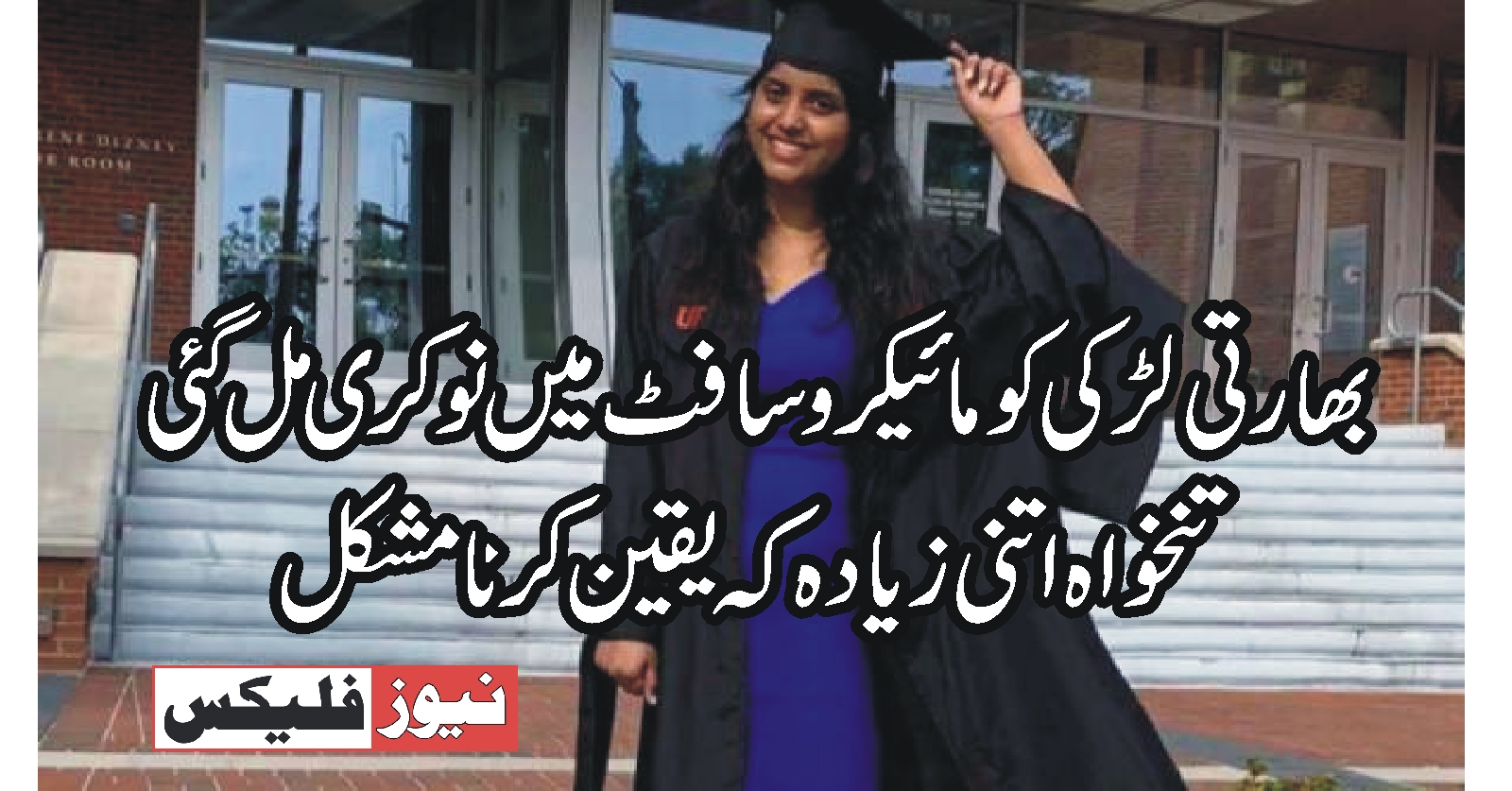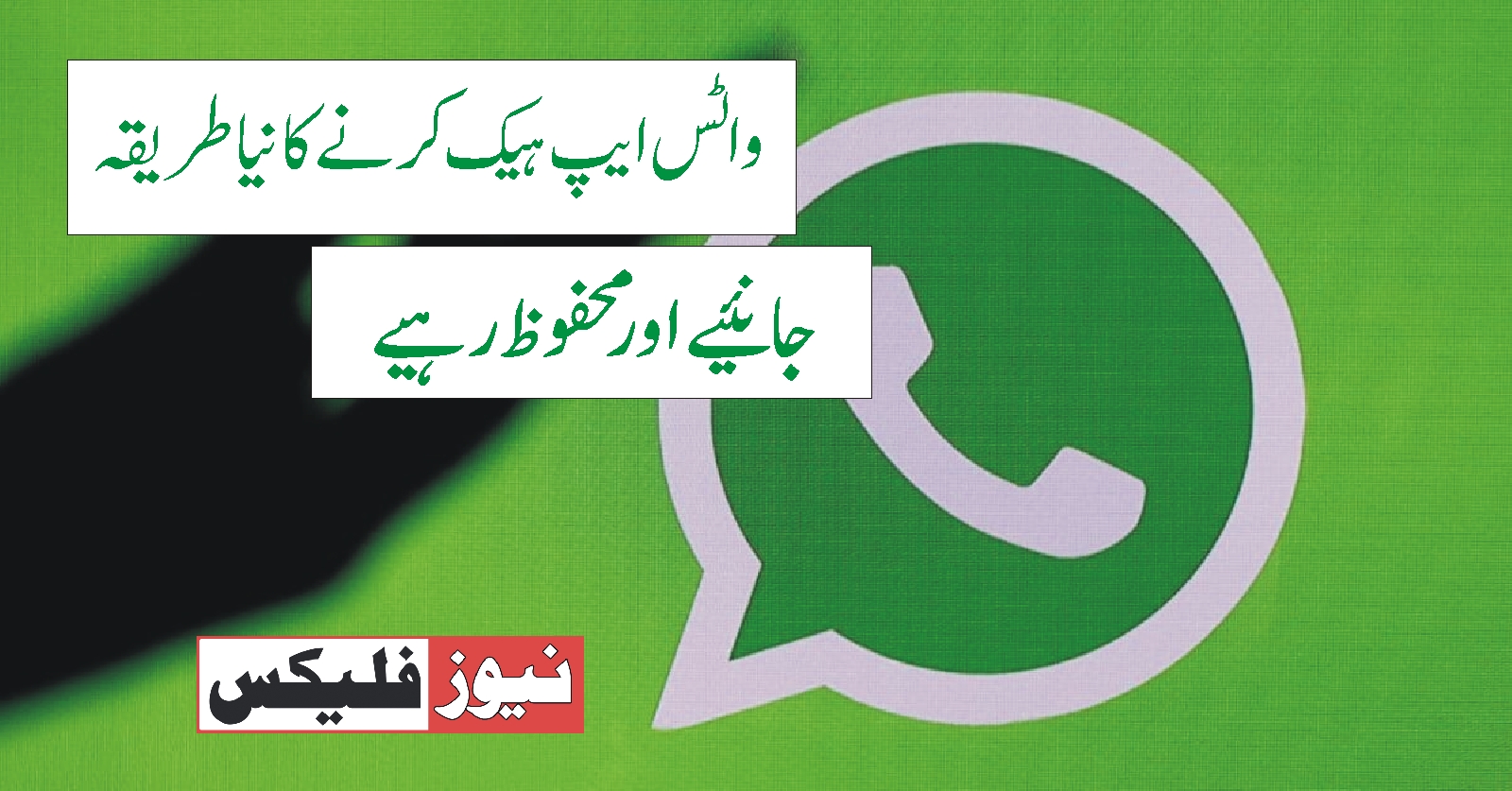بھارتی ریاست تلنگانہ کے دارالحکومت حیدرآباد دکن سے تعلق رکھنے والی لڑکی کو مائیکروسافٹ کمپنی میں سوا چار کروڑ سالانہ میں نوکری مل گئی۔ فلکوڈا یونیورسٹی کو انٹرویو دیتے ہوئے مائیکرو سافٹ کے لئے نارکوٹی ڈیپتی کا انتخاب کیا گیا تھا۔ اس کے علاوہ ، کالج کے انٹرویو کے لئے 300 طلباء کا انتخاب کیا […]
پیرس: فرانس کے مسابقتی ریگولیٹر نے سرچ انجن گوگل کو اشتہاروں کی پالیسی کی خلاف ورزی پر 220 ملین یورو (41 ارب روپے) کا جرمانہ عائد کیا ہے۔ این ڈی ٹی وی کے مطابق ، گوگل پر عائد جرمانہ تین میڈیا گروپس: نیوز کارپوریشن ، فرانسیسی اخبار لا فگارو اور بیلجیئم کی کمپنی رسل کے […]
ابوظہبی میں ہونے والے پی ایس ایل 6 کے باقی میچ جون کے پہلے ہفتے میں شیخ زید اسٹیڈیم میں شروع ہوں گے۔ کراچی لیگ میں 14 میچوں کے بعد ، اس نے 2017 کی چیمپیئن پشاور زلمئی کے ساتھ پہلی پوزیشن حاصل کی ، جس نے کراچی کنگ ، 2016 اور 2018 کے اسلام […]
صوبائی وزیر تعلیم مراد راس نے27 جون کو سکول کھولنے کا اعلان کرتے ہوئے کہا کہ بچوں کا بہت نقصان ہو چکا ہے. گرمیوں کی چھٹیاں کم سے کم دیں گے ، گرمیوں کی چھٹیاں دو سے تین ہفتے ہوں گی ۔ اور وہ اپنی تعلیم سے محروم ہوگئے ہیں۔ مراد راس نے میڈیا کو […]
نیویارک (آفس مانیٹرنگ) واٹس ایپ دنیا میں سب سے زیادہ مقبول میسجنگ ایپ ہے کیونکہ صارفین کو روزانہ ہیکنگ کے نئے طریقوں کا سامنا کرنا پڑتا ہے۔ آج ، ہیکرز نے کسی کے واٹس ایپ اکاؤنٹ کو ہیک کرنے کا ایک نیا طریقہ متعارف کرایا ہے ، جسے سائبرسیکیوریٹی ماہرین نے متنبہ کیا ہے۔ ڈیر […]
نیویارک (نگرانی اسٹیشن) – کچھ لوگ دانشمندی کے ساتھ پاس ورڈ کا انتخاب کرتے ہیں ، لیکن آج بھی وہ پاس ورڈ کو ترجیح دیتے ہیں جن کو یاد رکھنا آسان ہے۔ یہ لوگ ہیکر حملوں کا شکار ہیں۔ نیٹ ورک سیکیورٹی ماہرین نے بہت سارے پاس ورڈ بنائے ہیں جن کو ذخیرہ کرنے کی […]
پاکستان ایک خوبصورت ملک ہے۔ کے 2 کے ساتھ ، یہ ملک بہت ہی متاثر کن ہے ، جس میں سمندر کی سطح سے 7000 میٹر بلندی پر 108 پہاڑ ہیں۔ اسلام آباد اور لاہور جیسے متحرک شہروں سے لے کر خوبصورت شمالی وادیوں تک ، پاکستان ایک منفرد تعطیل کے لئے بہترین مقام ہے۔ […]
پچھلے دو سالوں میں ، میڈیا اور تفریحی صنعت میں غیر معمولی تبدیلیاں آئی ہیں۔ کورونا وائرس کے وباء میں پچھلے سال ڈیجیٹل مواد کی کھپت میں تیزی سے اضافہ دیکھا گیا تھا۔ کلیدی میڈیا اور تفریحی رجحانات 320211ہے ڈی 2 سی اسٹریمنگ آپریٹنگ سسٹم جیسے نیٹ فلکس ، ایمیزون پرائم ، اور ڈزنی + […]












